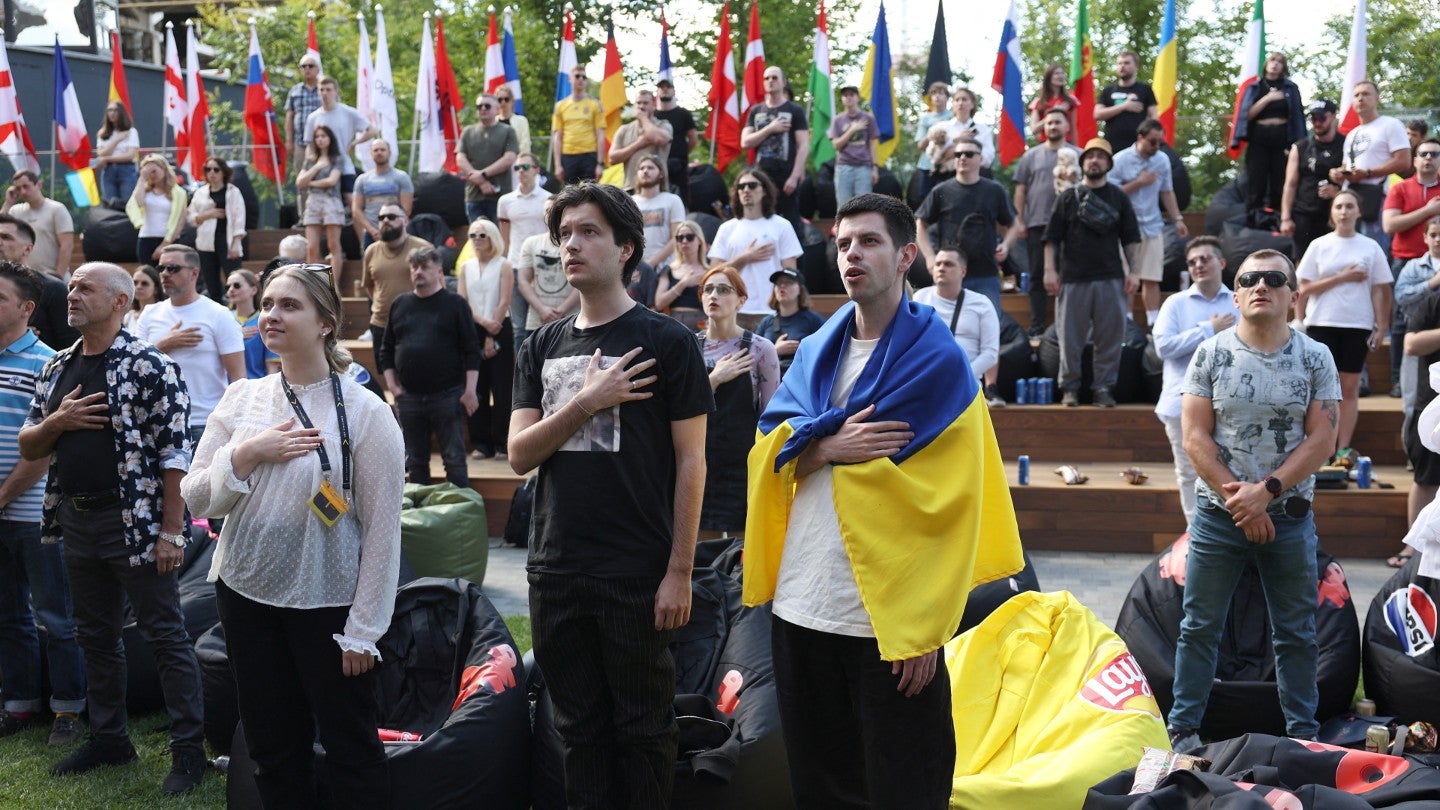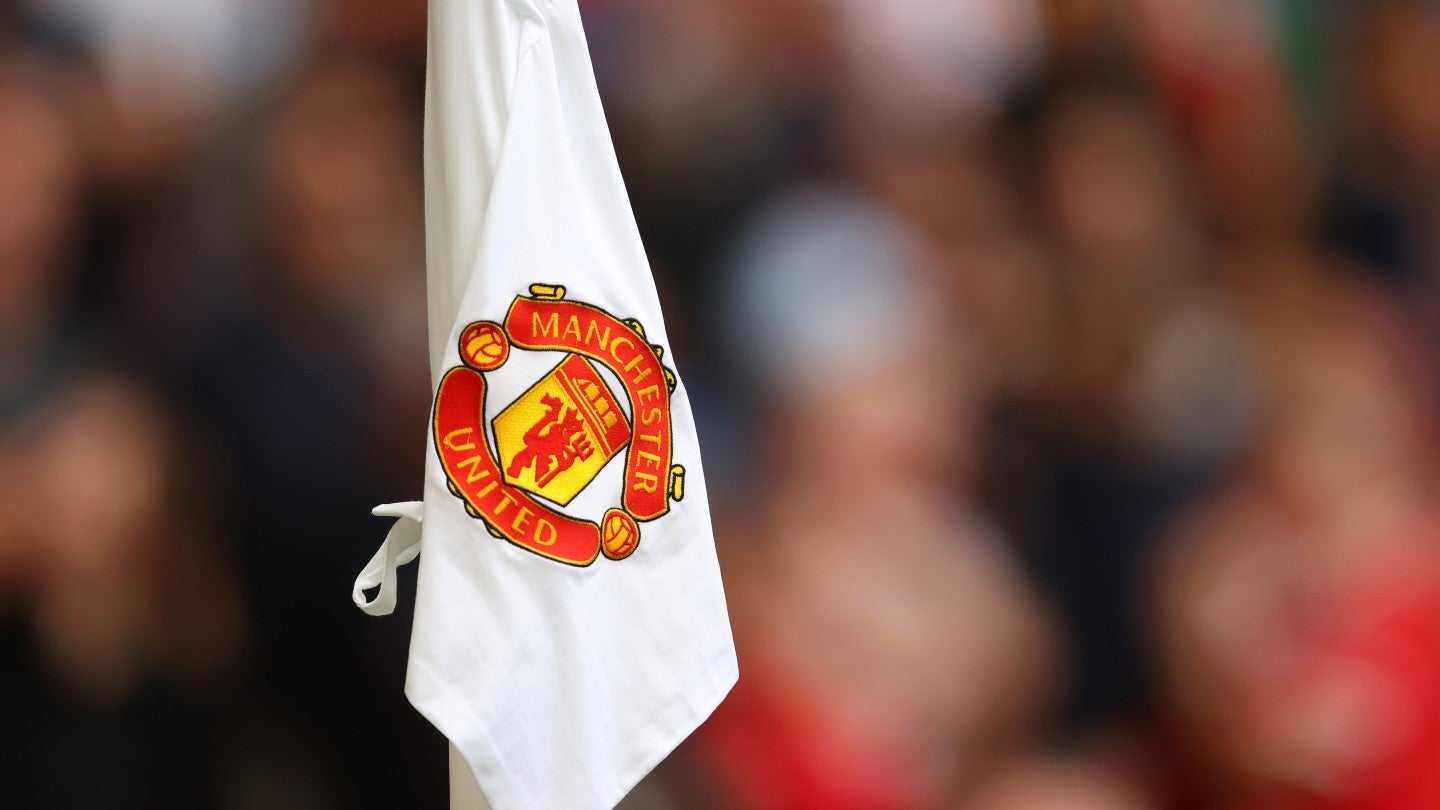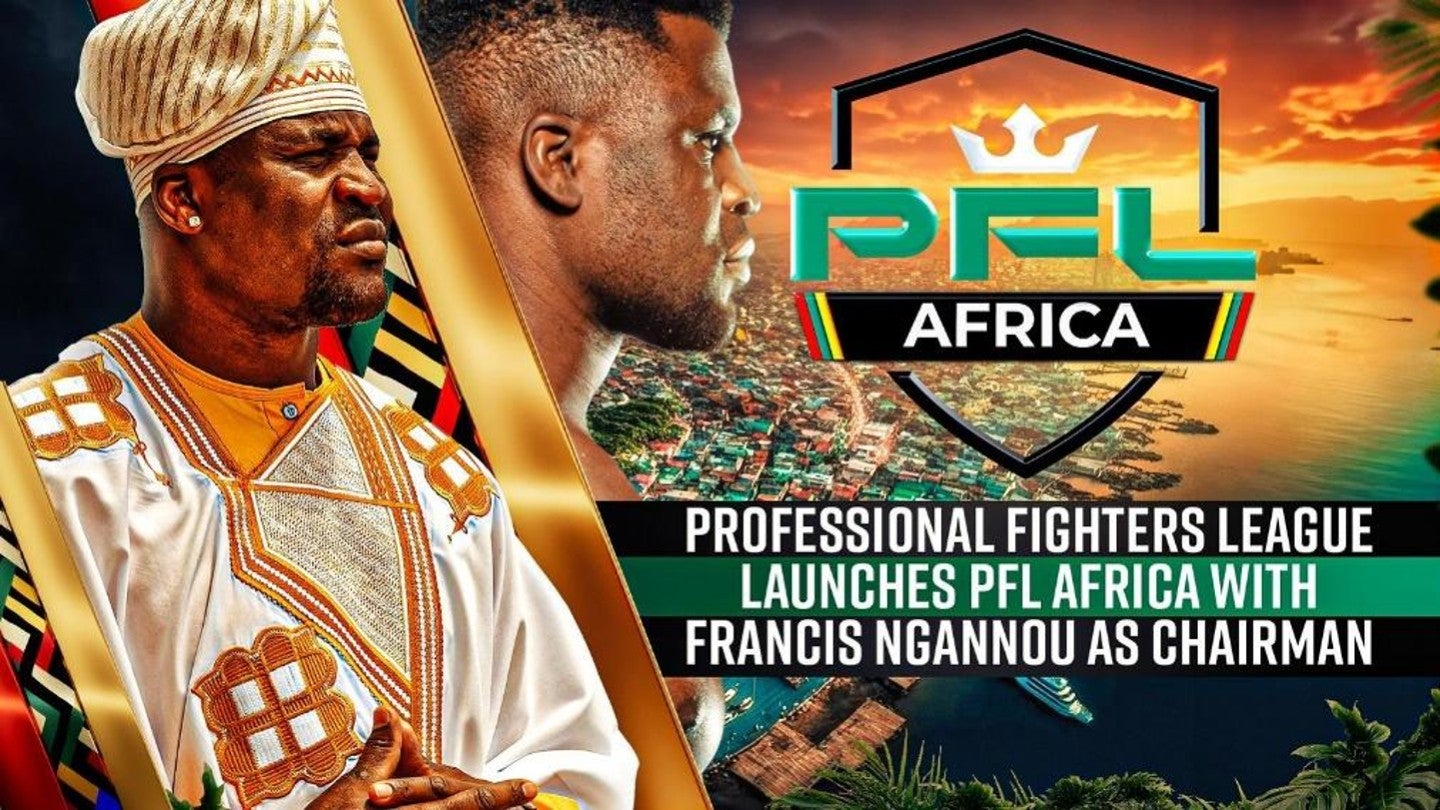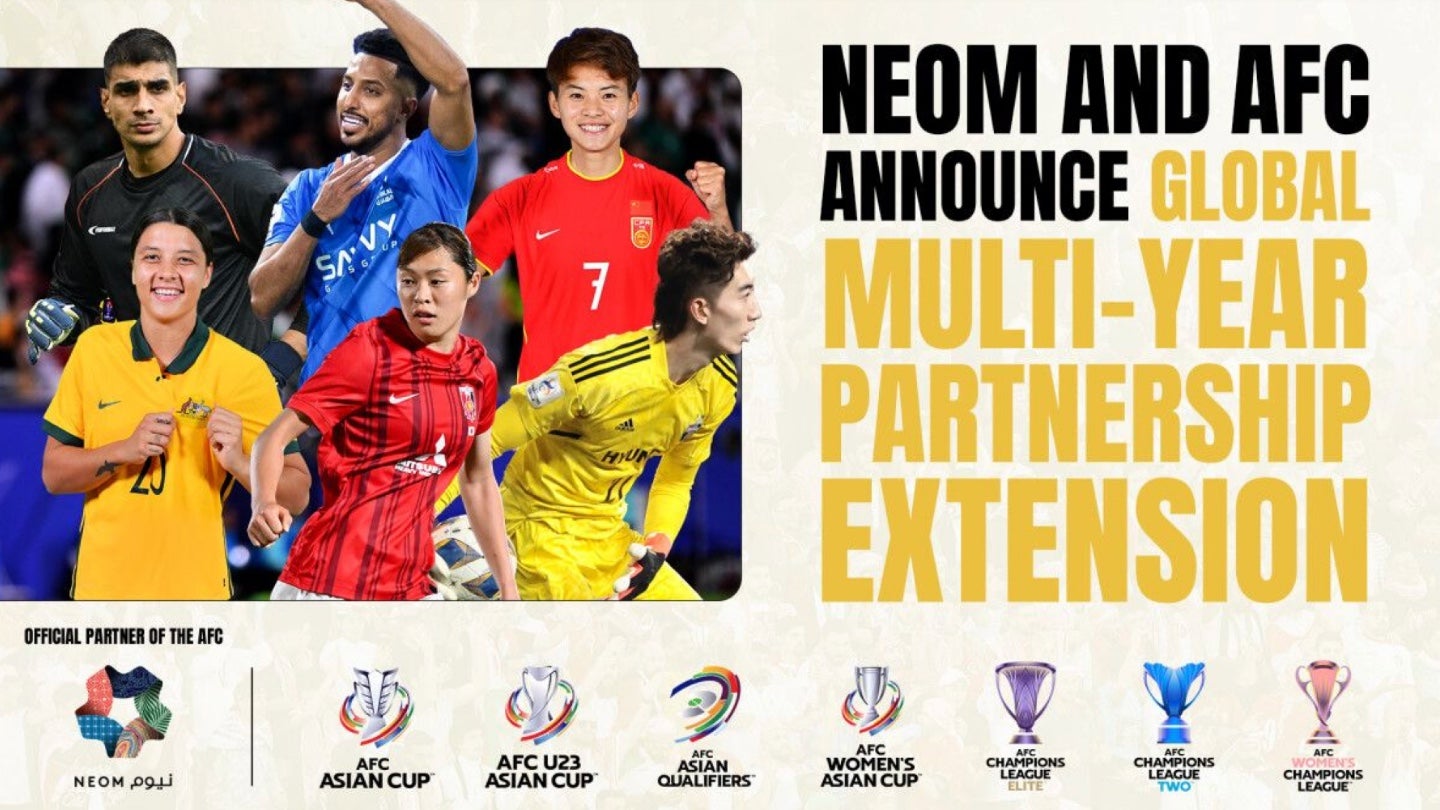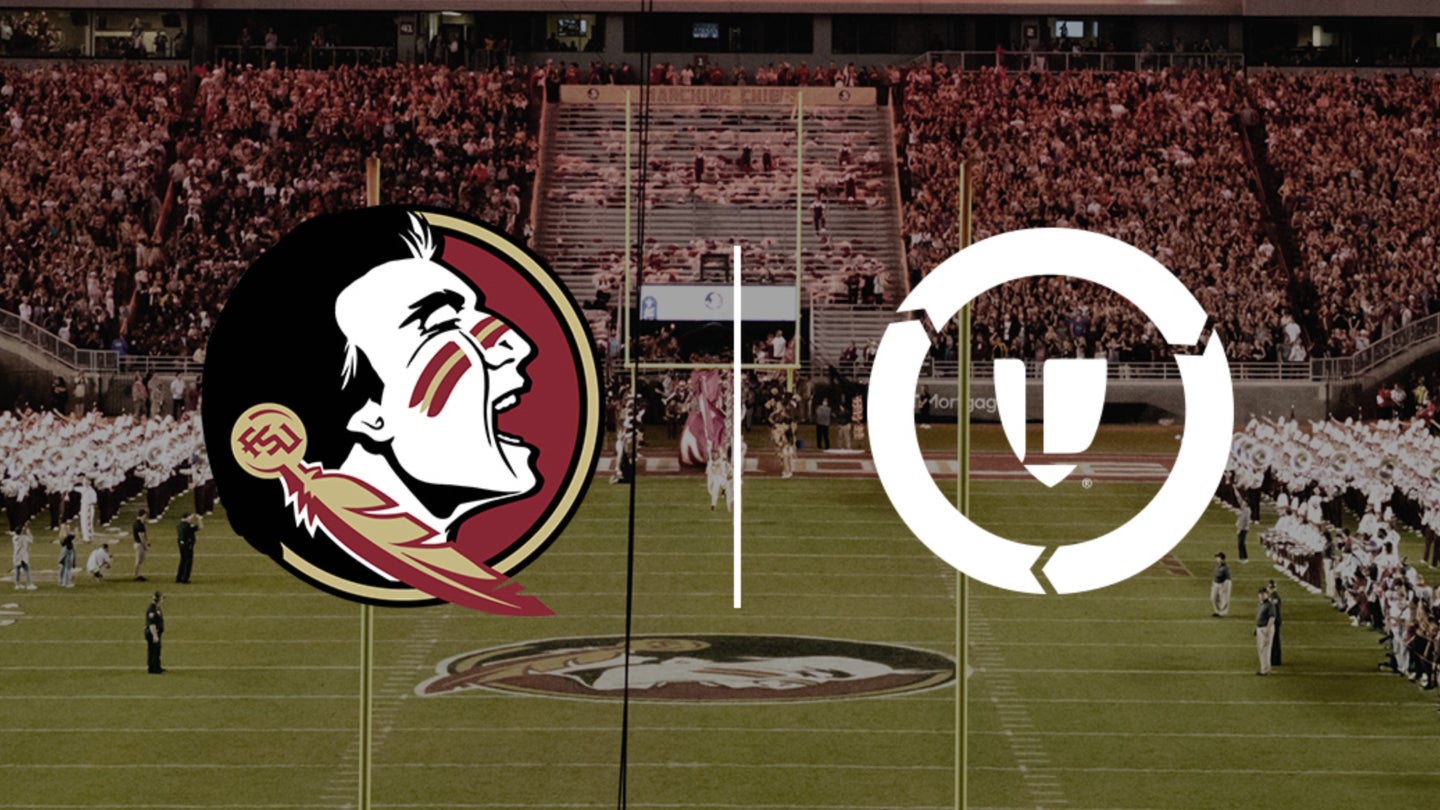Soccer is one of the most charged arenas in world sport – a stage for national pride, political PR stunts, and solidarity amid conflict or crisis.
All eyes are fixed on the European Championship’s climax, with Spain triumphing against France on Tuesday night (9 July) and England defeating the Netherlands last night.
From struggling French president Emmanuel Macron’s seeking out of superstar Kylian Mbappe to frequent shots of new UK Prime Minister Keir Starmer watching games – although pointedly not in an England top, so as not to ostracise his Scottish, Welsh or Northern Irish citizens – politicians have, as always, used the Euros to garner political support.
Celebrating a vital win with the gaffer.
— Angela Rayner (@AngelaRayner) June 16, 2024
Well done lads! 🦁 🦁 🦁 pic.twitter.com/A7OzYRGjQN
But the competition and wider sport are also subject to intense geopolitical pressures.
Governing body UEFA has recognised – and acted on – these pressures, banning various fixtures it deemed too inflammatory over the years.
Ukraine vs Russia
As expected, the most recent high-profile fixture ban was UEFA’s blanket ban on ‘all Russian representative teams and clubs’ in competitions until further notice.
UEFA announced the ban on 28 February 2022, four days after Russia’s full-scale invasion of Ukraine, and ended its sponsorship deal with Moscow’s state-owned energy giant Gazprom.
The fixture, however, was first banned in 2014 following Russia’s annexation of Crimea and the War in Donbas.
UEFA has also added any potential fixture between Ukraine and Russian ally Belarus to its prohibited list.
UEFA will ban Russian flags at the match between Ukraine and Romania at Euro 2024
— NEXTA (@nexta_tv) June 17, 2024
The Union of European Football Associations (UEFA) will ban Russian flags from the stands during the European Football Championship match between Ukraine and Romania, the Associated Press reports.… pic.twitter.com/1bVbchG60D
Russian flags were spotted among Serbian fans during their team’s game against England, prompting UEFA to ban the flag from Ukraine’s 3-0 loss to Romania and other games.
Two qualifiers for Euro 2000 remain the only time Ukraine and Russia have played each other – finishing in one draw, and one win for Ukraine.
Tensions are expected to spike during the Paris Olympics, which begin on 26 July with an expected 54 Russian athletes set to compete as neutral athletes. Ukraine’s Sport Minister Matviy Bidnyi has told Ukrainian athletes to ignore potential provocation by Russian counterparts.
Spain vs Gibraltar
A far less obvious ‘forbidden fixture’ steeped in sovereignty claims.
Spain and Gibraltar were originally drawn against each other in the Euro 2024 qualification round, prompting a redraw.
UEFA also decided to separate the two countries’ teams during Euro 2016 because of the ‘sensitivities’ between Spain and Gibraltar, which the Spanish ceded to the UK 300 years ago but claim sovereignty over.
Gibraltar’s official status as a British Overseas Territory has seen it used as a political football between London and Madrid – particularly over the enclave’s post-Brexit status and border policing.
For its part, Gibraltar was only accepted by world governing body FIFA (which subsumes UEFA) in 2016, with 93% of members voting in favour of Gibraltar’s inclusion.
The Kosovo trio
The same vote also saw Kosovo become the 211th member of FIFA, a more contentious vote given the more recent conflict in the Balkans.
Following the bloody Kosovo conflict (1998-1999), Kosovo declared independence from Serbia, then part of Yugoslavia, in 2008.
Last year also saw various clashes between ethnic Serbs and Albanians. Serbia deployed tanks and artillery to its border with Kosovo.
As a result, UEFA bans Kosovo from three fixtures: Serbia, Bosnia-Herzegovina, and Russia, due to the latter two’s refusal to recognise Kosovo’s territory.
Serbia still actively claims Kosovo, which is sandwiched between North Macedonia, Montenegro, Albania, and Serbia.
Long gone are the days of the Balkans Cup, contested on and off between 1929 and 1980 between Yugoslavia, Romania, Bulgaria, Turkey, Poland, Czechoslovakia, Greece, Hungary, and Albania.
Kosovo’s sovereign spats have also spilled over into a wider rivalry between the national soccer sides of Switzerland and Serbia, despite the two being separated by 1,000 kilometres.
This came to a head during the 2018 World Cup. Granit Xhaka and Xherdan Shaqiri, two Swiss players whose families are from Kosovo, both celebrated scoring by making the nationalist ‘double eagle’ hand gesture, emblematic of the Albanian flag. Both players were booed by Serbian fans during Switzerland’s 2-1 win.
Granit Xhaka and Xherdan Shaqiri both grew up in Switzerland because of the Serbian repression in Kosovo in the 1990s.
— FourFourTweet (@FourFourTweet) June 23, 2018
Last night, they both scored and celebrated with the gesture of the Albanian eagle - a win that could see Serbia eliminated. pic.twitter.com/X0KnCad2et
A violent Serbian crackdown on Kosovo’s Albanian population in 1999 only ended with Nato military intervention.
Xhaka’s father spent more than three years as a political prisoner in Yugoslavia for supporting Kosovan independence, while Shaqiri’s family fled Kosovo to Switzerland as refugees.
Azerbaijan vs Armenia
UEFA has banned arch-rivals Azerbaijan and Armenia from competing with one another on multiple occasions since the early 2000s.
The second Nagorno-Karabakh War broke out in 2020, prompting thousands to flee the disputed region of Artsakh.
Armenia is having trouble integrating over 100,000 refugees who fled Nagorno-Karabakh during Azerbaijan's offensive last September.
— Crisis Group (@CrisisGroup) March 5, 2024
New commentary by @Olesya_Vart: https://t.co/XQohqQIsuK pic.twitter.com/NOTOrs861p
Both nations are former Soviet republics. Azerbaijanis inhabited the region until their expulsion during the 1990s, and then Armenians until 2023.
Armenia and Azerbaijan have rarely met in any sporting competitions – apart from a dreaded clash in the qualifiers for the Under-19 Euros in 2013 – and neither have ever qualified for the Euros.
Their geopolitical-sporting rivalry made headlines in 2023 when former Arsenal star Henrikh Mkhitaryan called on European leaders to “stand up against ethnic cleansing” in Nagorno-Karabakh.


